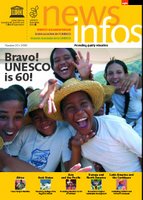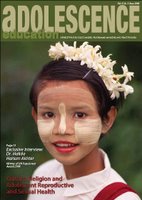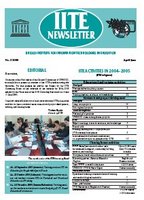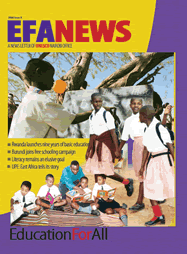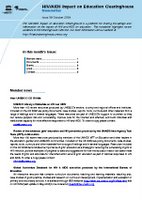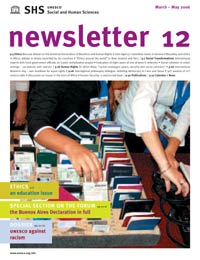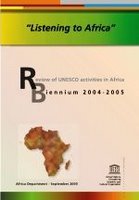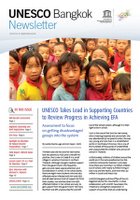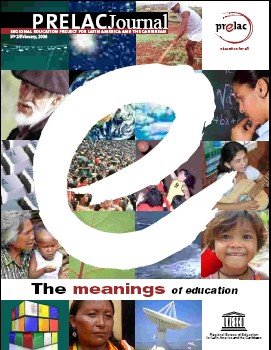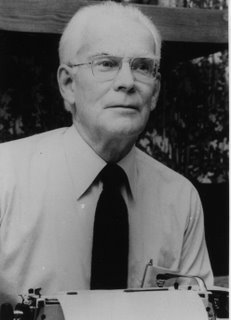 ©Permament Delegation of the U.S. to UNESCO
©Permament Delegation of the U.S. to UNESCO
At the Closing Plenary Session of the Fulbright New Century Scholar (NCS) Symposium at UNESCO in Paris, Assistant Secretary of State for Educational and Cultural Affairs, Dina Habib Powell announced the creation of two new U.S. initiatives: an International Fulbright Science and Technology Award, and an International Fusion Arts Exchange Program. Both programs will enable young people from different countries to come together for academic exchange at American universities.
The closing plenary session was hosted by the U.S. Department of State's Bureau of Educational and Cultural Affairs and the U.S. Permanent Mission to UNESCO. The Fulbright New Century Scholars program is sponsored by the Bureau of Educational and Cultural Affairs of the United States Department of State.
Dina Powell reminded her audience that:
“The U.S. recently worked within UNESCO and the OECD to develop guidelines for quality provision in cross border higher education, helping to share information and build capacity to promote international educational exchanges”,
before announcing:
“So we decided to create a new International Fulbright Science and Technology Award, which will bring outstanding international students to our country to study for Ph.D.'s in science and technology. "
She added:
“The arts create common understanding that transcends language and borders. Music is especially effective in this role and speaks very powerfully to young people. Since one of our primary goals is to reach young people internationally, what better way to do this, we thought, than through an exchange in music?
So I am absolutely delighted today to announce, here at UNESCO, the creation of a new international exchange, the Fusion Arts Exchange, that will allow young people from different countries to learn about, compose and perform popular music together. We will bring university students from countries with especially rich musical traditions-such India, South Africa, Mali, Brazil, and Ireland just to name a few-with American students, to study and work together at a U.S. university with a world-renowned music study program and facilities. They will look at international and U.S. musical traditions and composition, learn about careers and economic development opportunities for their societies in music-related fields, and have the chance to compose and perform together and develop on-going collaborations.”
Visit the Council for International Exchange of Scholars to find out more on Fulbright New Century Scholars Programs





